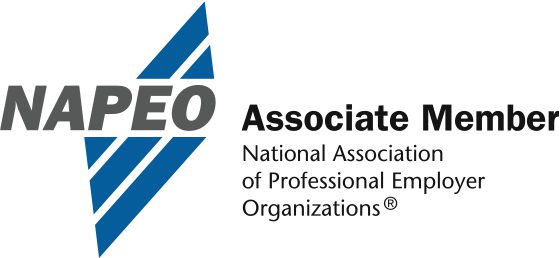Concerning productive workers, numerous studies over the past two decades confirm that happiness matters when it comes to productivity. While it sounds simple, leaders must recognize that they are central to employees experiencing positive feelings, increased motivation, and engagement. This article references fundamental studies that leaders can draw from to help ensure employee happiness and productivity.
According to a study by Harvard Business Review, to be fully engaged and happy, every employee needs these three things:
A meaningful and compelling vision. Employees want to know the company’s vision and how they fit in. Generate enthusiasm by keeping employees mentally and emotionally connected to the organization’s goals. This approach fosters more loyalty than financial compensation and perks can alone. When employees believe in the work they are doing, both work and the workplace become more meaningful.

A sense of purpose at work. Employees want to feel that their work matters and that their contributions help others and the organization. When employees find meaning in their work, it improves their happiness and boosts productivity. Their purpose is doing something BIG that makes a difference to themselves, their co-workers, and customers.
Healthy relationships. Employees join an organization and leave a boss. Leaders, managers, and employees agree that trusting and supportive relationships are important to their state of mind and their willingness to contribute to a team. When healthy relationships are present, employees have a more positive experience and are more productive than when poor relationships are part of the work culture.
Another study by the National Institute of Health (NIH) published during the pandemic provides more insight into what employees need from their leaders when working together as a team towards a common goal:
A collaborative work environment. Employees evaluate their well-being by being a part of a team that collectively contributes toward a common goal. Together everyone achieves more (T.E.A.M.) mentality is critical to successful projects and making employees feel valued and needed.
Collective performance. Team performance accounts for the outcomes of the team’s actions regardless of how the group may have accomplished the task. The performance takes a more holistic perspective in considering whether the team performed and how the team interacted to achieve the outcome.
Customer evaluation. Customers’ evaluations constitute another relevant source to assess the entire team’s effectiveness. Evaluations typically include facets such as service quality and customer satisfaction and should always be shared with employees individually and as a team. Sharing evaluation results that score efficiency and effectiveness and how they tie to profits and return on investment demonstrate the organization’s effectiveness as a whole. Employees desire to see how they positively impact the bottom line and how customers see them and the organization.

It’s on individuals to create their happiness and relationships outside of work. But leaders are ultimately responsible for creating a work environment where employees can thrive and be happy. At Aspen HR, we provide the most value to organizations that place a premium on white-glove service and are willing to invest in their employee’s happiness and productivity.







